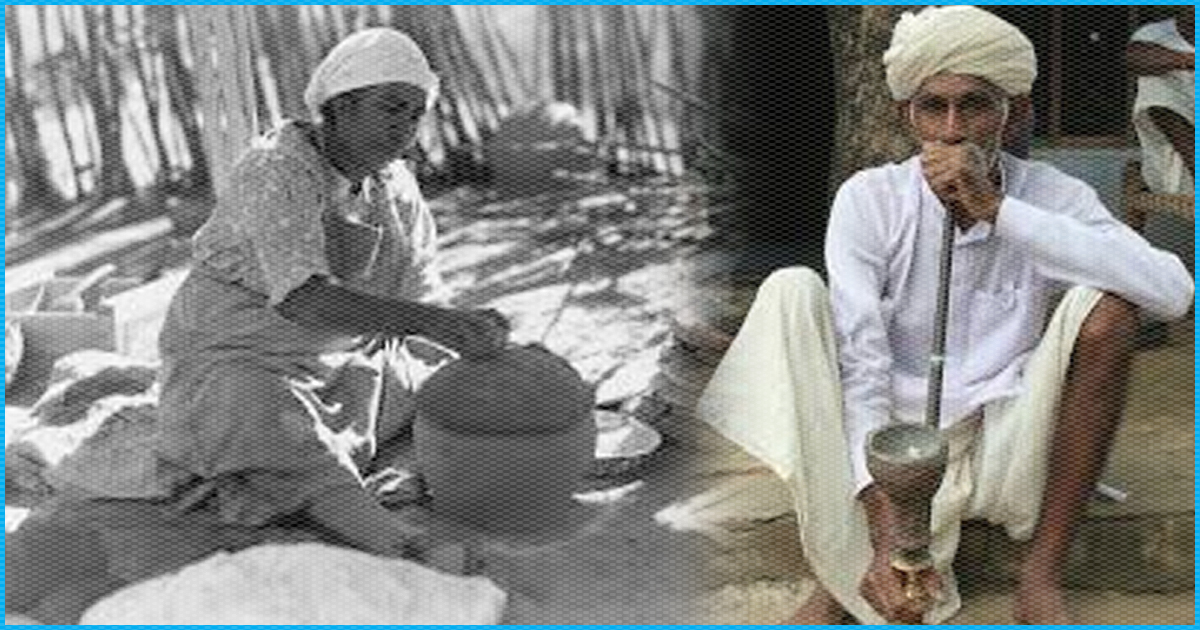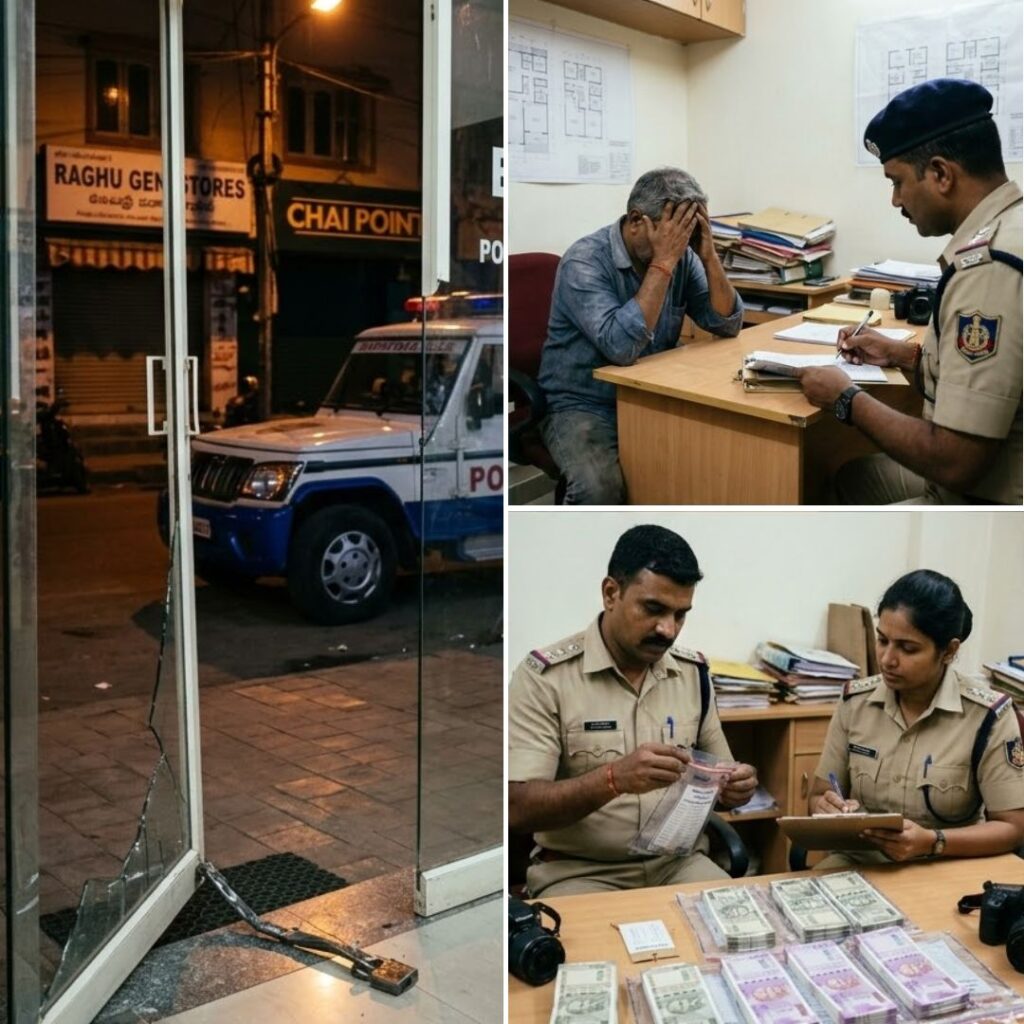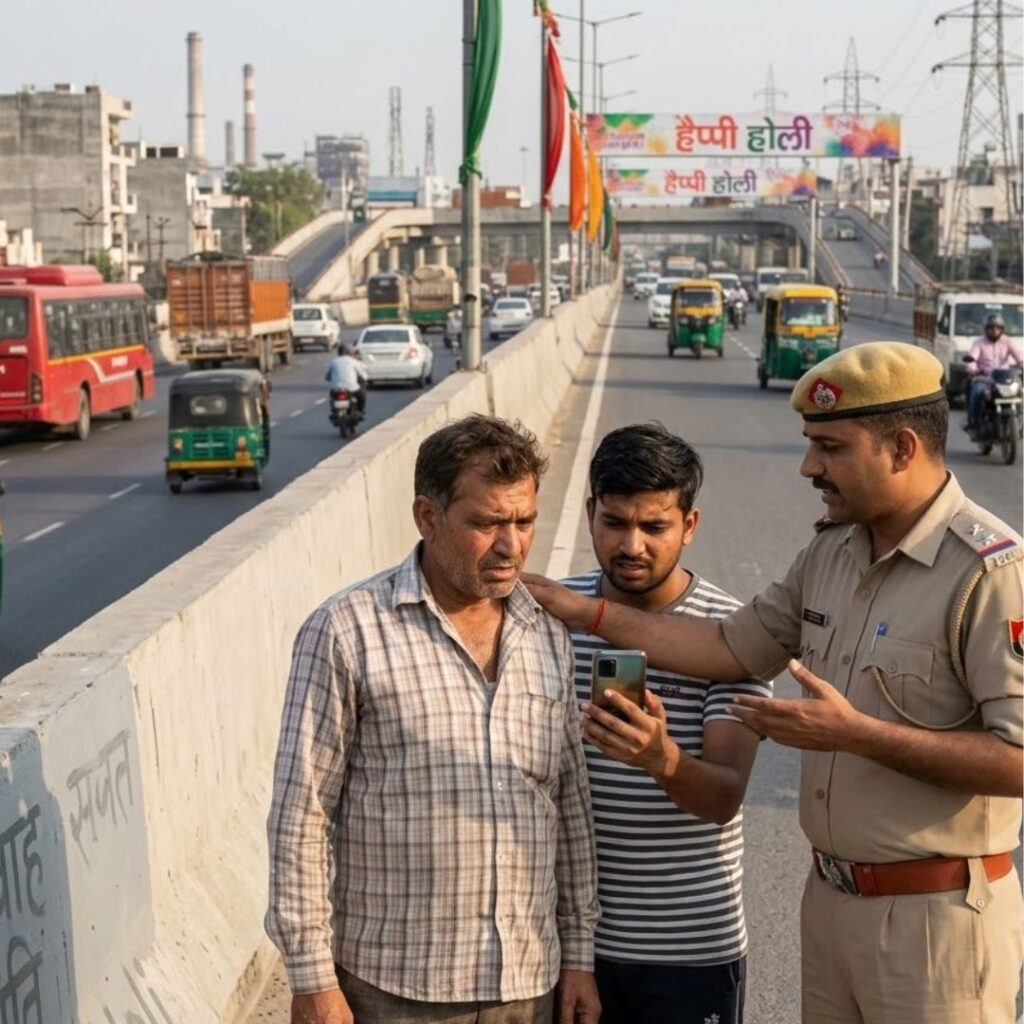Even in this advancing world, we often see cases of women being denied an opportunity or being paid less to do the same job in comparison to a man just because of their gender. As bad as this may sound, but reportedly, the problem of gender inequality and the pay gap is faced more by elderly women. According to a report published by the Overseas Development Institute (ODI), older women end up doing twice as much unpaid work as older men.
What does the report say?
The report published by the ODI, titled, ‘Between Work and care’, has put together with data from 31 countries, it talks about the problem elderly women have to face while working. The report reveals that older women are spending 60 hours on an average at work that goes unpaid.
We all know the bitter truth that gender inequality exists, but surprisingly, as per the ODI researchers, the amount of unpaid work done by women increases in old age, regardless of geography. The older women in Ghana, spend some two hours a day doing unpaid work, this figure has seen a rise in British households, where older women work for four hours a day. The number is higher in Cape Verde, where women spend seven hours a day. According to the report, the condition of the older women getting paid for their work in other countries isn’t any better with the work mostly being informal and precarious.
Why is it a cause of concern?
The study anticipated a three times rise in the number of people aged over 65 by 2050. It says that the number of elderly women would increase to 1.5 billion, which accumulates to 16% of the world’s population. With the conditions of the elderly women now, this will become a concerning issue.
The study says that in poor countries, a large number of elderly women are facing worst conditions. In those countries, the women have to mostly do informal work and that too in highly precarious jobs. The report says, women engaging in such work are prone to mental as well as physical problems.
Also, due to the age-old gender discrimination, these women are also prone to encounter violence and abuse during their work. Chris Roles, the Managing director of Age International, says that the older women are often undervalued for their work. “Older women sustain their families, communities and economies through the work they do, work that is often unpaid or that few others that are willing to do. Yet they are invisible to the rest of the world,” Chris told the Overseas Development Institute.
The call for action
The authors of this report call the governments across the world to take into consideration the needs of older women while drafting their social protection policies. The report suggests that the governments of these (31) countries must refocus their social protection policies to support older women. “The social expectations on women to simply get on with unpaid domestic and care work are putting them under increasing strain and limiting their life choices,” said lead author Fiona Samuels.
The report says that a support to older women’s income should be provided by ensuring her access to social protection, which includes universal social pensions as well as the financial services. ODI also asks the UK government to reduce and redistribute the unpaid work and while doing so, be unbiased about the gender.











